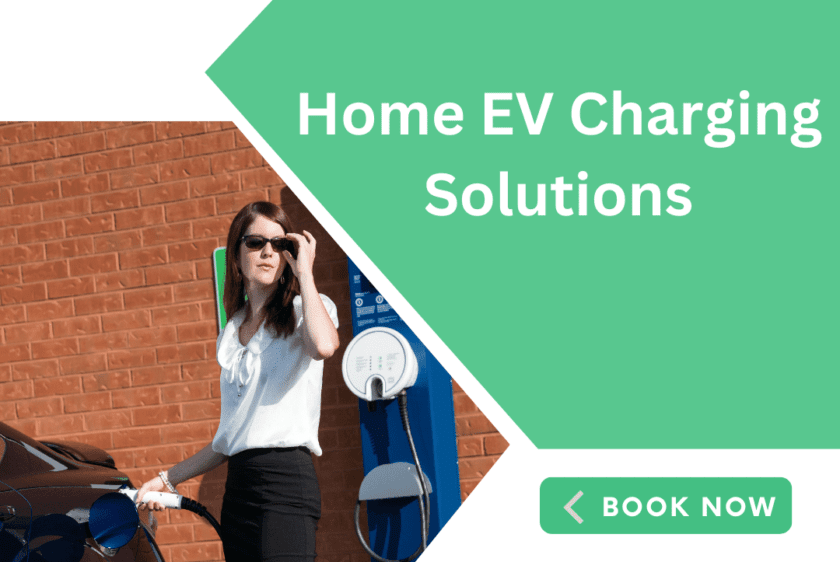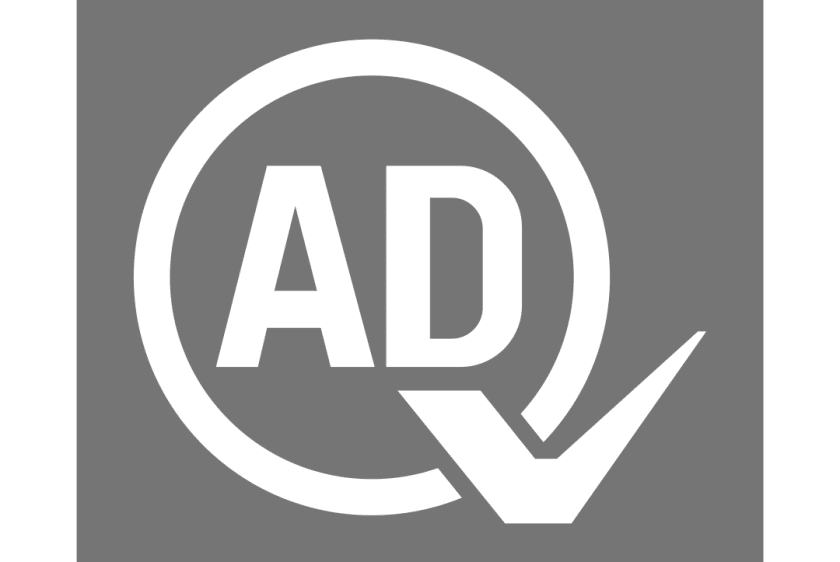The shift toward electric vehicles (EVs) is accelerating, making home EV charging solutions a necessity for modern households.
With advancements in technology and increasing EV adoption, homeowners now have more options than ever to efficiently charge their vehicles at home.
This comprehensive guide explores everything you need to know about home EV charging solutions, including types, costs, installation, and the best chargers available in 2025. Whether you own a Tesla or another EV brand, we’ll help you find the best home EV charging station for your needs.
Why Home EV Charging Solutions Are Essential
Charging your EV at home offers unmatched convenience, cost savings, and efficiency. Here’s why home EV charging solutions are a must-have in 2025:
✅ Convenience – Charge overnight and wake up to a full battery.
✅ Cost Savings – Home electricity rates are cheaper than public charging stations.
✅ Time Efficiency – Skip the lines at public chargers.
✅ Increased Home Value – Homes with EV chargers are more attractive to buyers.
Types of Home EV Charging Solutions
There are three main types of home EV charging solutions, each with different speeds and installation requirements.
1. Level 1 Chargers (Standard Outlet Charging)
- Voltage: 120V (standard household outlet)
- Charging Speed: 3-5 miles of range per hour
- Best For: Occasional drivers or as a backup option
- Cost: Included with most EVs
2. Level 2 Chargers (Fast Home Charging)
- Voltage: 240V (requires professional installation)
- Charging Speed: 12-60 miles of range per hour
- Best For: Daily commuters and faster charging needs
- Cost: 500−1,500 (plus installation)
3. Level 3 Chargers (DC Fast Charging – Rare for Homes)
- Voltage: 480V (commercial-grade)
- Charging Speed: 60-100 miles in 20 minutes
- Best For: High-demand users (typically not cost-effective for homes)
- Cost: $10,000+ (rarely installed at home due to high power requirements)
Best Home EV Charging Solutions in 2025
Choosing the right home EV charging station depends on your vehicle, budget, and charging needs. Here are the top options:
1. Tesla Wall Connector (Best for Tesla Owners)
- Type: Level 2
- Charging Speed: Up to 44 miles/hour
- Smart Features: Wi-Fi connectivity, scheduling
- Cost: 450−600
2. JuiceBox 40 (Best Smart Charger)
- Type: Level 2
- Charging Speed: Up to 30 miles/hour
- Smart Features: App control, energy monitoring
- Cost: 600−800
3. ChargePoint Home Flex (Most Versatile)
- Type: Level 2
- Charging Speed: Up to 50 miles/hour
- Smart Features: Alexa integration, power sharing
- Cost: 700−900
4. Grizzl-E Classic (Best Budget Option)
- Type: Level 2
- Charging Speed: Up to 30 miles/hour
- Durability: Weatherproof, rugged design
- Cost: 400−500
Home EV Charging Solutions Cost Breakdown
The total cost of home EV charging solutions depends on the charger type, installation, and electrical upgrades.
| Component | Estimated Cost |
|---|---|
| Level 1 Charger | 300 (if purchased separately) |
| Level 2 Charger | 5001,500 |
| Installation (Basic) | 300800 |
| Electrical Upgrades | 5002,000 (if needed) |
| Total Cost | 8004,000 |
Is It Worth Installing an EV Charger at Home?
✅ Yes, if you:
- Drive daily and need reliable charging
- Want to save on public charging costs
- Plan to keep your EV long-term
❌ No, if you:
- Rarely drive or have easy access to public chargers
- Rent and can’t install a permanent charger
Installing an Electric Vehicle Charging Station at Home
Step-by-Step Installation Process
- Assess Electrical Capacity – Check if your panel supports a 240V circuit.
- Choose Location – Garage or driveway with weatherproofing if outdoors.
- Hire a Licensed Electrician – Ensure compliance with local codes.
- Permits & Inspections – Some cities require permits for EV charger installation.
- Test & Activate – Verify safe operation before first use.
Home EV Charging Solutions in Dubai
Dubai is rapidly adopting EVs, and home EV charging solutions in Dubai are becoming more accessible.
🔌 Key Considerations:
- DEWA-approved chargers required
- Government incentives for EV owners
- Professional installation recommended due to high temperatures
FAQs About Home EV Charging Solutions
1. What is the cheapest way to charge an EV at home?
Using a Level 1 charger (standard outlet) is the cheapest but slowest option.
2. Is it possible to charge an EV car at home?
Yes! Most EVs come with a Level 1 charger, and Level 2 chargers can be installed for faster charging.
3. What is the best home charger for an EV?
The Tesla Wall Connector (for Tesla owners) or ChargePoint Home Flex (universal) are top choices.
4. Is a Level 3 charger suitable for home use?
No, due to high costs and power requirements—Level 3 chargers are best for commercial use.
Conclusion: Find Your Perfect Home EV Charging Solution
Investing in home EV charging solutions ensures convenience, savings, and a seamless EV ownership experience. Whether you need a fastest home EV charger or a budget-friendly option, there’s a perfect solution for every home.
🚗 Ready to install your home EV charger?
👉 Contact Quikr EV Company Today! for expert advice and installation services.





